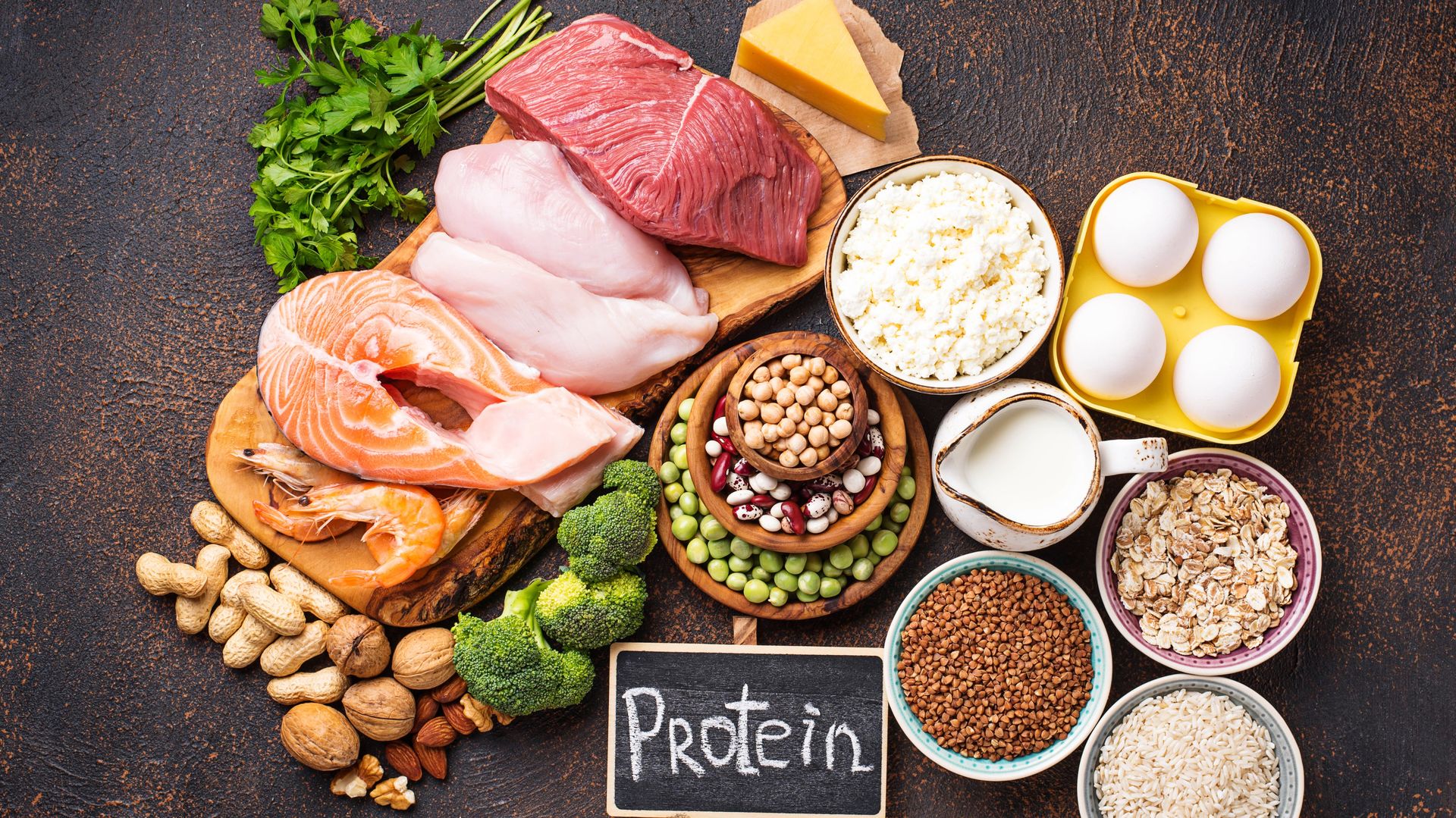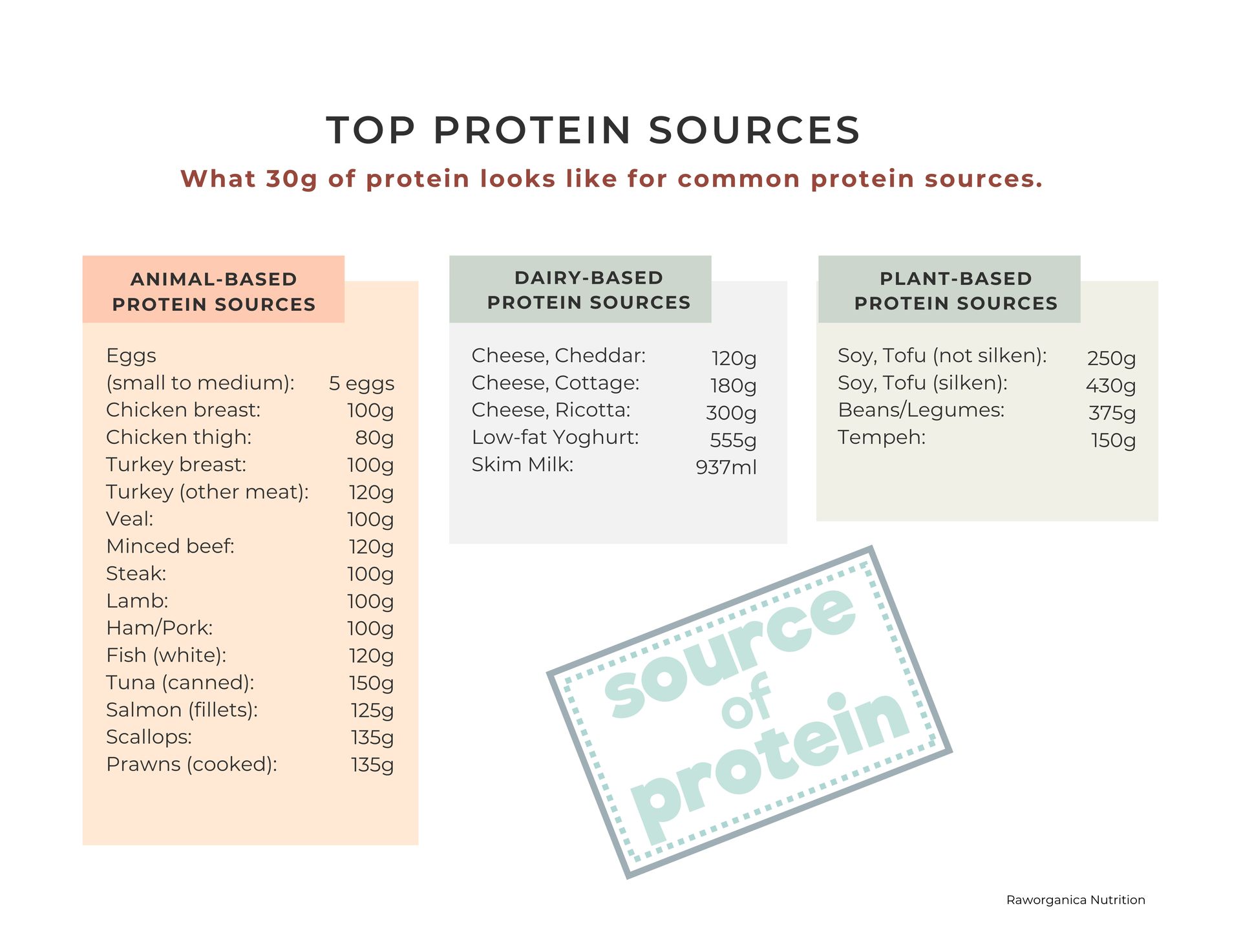
It may surprise you to know that many people are not consuming enough protein, or they might be struggling with absorbing it effectively. In this article, we’ll explore the transformative role of protein in the body, why it's so essential for your overall well-being, how your protein needs evolve throughout different stages of life, and the best sources to meet those needs. Let’s also touch on how to ensure you’re getting enough to truly thrive.
The Vital Role of Protein in Your Body
Protein is nothing short of miraculous in its function. It serves as the building blocks for every tissue, muscle, enzyme, and hormone in your body. Protein is fundamental for growth, repair, and the ongoing maintenance of your cells. It’s what allows your muscles to develop and strengthen, your immune system to create antibodies, and your body to perform the countless biochemical reactions necessary for life. Proteins are also key players in transporting molecules throughout your body and maintaining proper fluid balance.
Imagine your body as a finely tuned orchestra, where each section must be in harmony to perform beautifully. Protein is the conductor, guiding each part to work together seamlessly. Without adequate protein, your body can’t repair itself, sustain muscle mass, or produce vital enzymes and hormones. The result? A body that struggles to function, much less perform optimally. Ensuring you get enough protein is like giving your body the fuel it needs to run like a well-oiled machine, ready to take on whatever challenges come your way.
How to Know if You’re Getting Enough Protein
The signs of inadequate protein intake can be subtle at first but can lead to significant issues if not addressed. Low energy levels, muscle loss, a decline in cognitive function, poor skin health, weakened immunity, high blood sugar, and even fatty liver disease can all result from insufficient protein. You may also notice symptoms like swelling (particularly in the abdomen, legs, feet, and hands), brittle hair or hair loss, slow wound healing, and mood swings.
Simply put, not eating enough protein can diminish your quality of life, affecting your health and physical performance. But how much protein is enough?
Determining Your Protein Needs Throughout Life
Your protein requirements aren’t static; they change as you move through different life stages.
- Infancy: During the early months of life, rapid growth and development require more protein per kilogram of body weight than at any other time. Breast milk or infant formula typically provides this in sufficient amounts, with the recommended daily intake (RDI) being 1.12g/kg/day up to six months of age.
- Childhood: As children grow, their protein needs remain high to support muscle and tissue development. By the age of 10, the RDI decreases slightly to 0.74g/kg/day.
- Adolescence: This is a period of rapid growth spurts and increased protein demand. However, teenagers often shift their eating habits away from balanced family meals, opting instead for processed and fast foods. Having pre-cooked protein sources or quick, healthy snacks available can help keep their protein intake on track.
- Adulthood: During adulthood, protein needs stabilize, yet they remain crucial for maintaining muscle mass, supporting immune function, and overall health. While the RDI for adults is set at 0.8g/kg/day, many people benefit from a higher intake, especially those who are active, aiming for muscle growth, or recovering from illness or surgery. For such individuals, daily protein intake might range from 1.6g/kg/day to 2.2g/kg/day. For instance, if you weigh 63kg, you would need approximately 94.5g of protein daily, which can be spread across meals using a guide like the one below.
- Pregnancy and Breastfeeding: During this transformative time, your body’s protein needs increase significantly to support the growth and development of your baby. It’s generally recommended to increase protein intake by about 20g/day compared to non-pregnant women.
- Older Adults: As we age, protein needs may increase slightly to help counteract age-related muscle loss. Protein digestion can become less efficient, so digestive support may be necessary to ensure you’re getting the full benefit from your intake.
When considering your protein needs, take into account not just your life stage, but also your level of physical activity, lifestyle, health status, and digestive health. Working with a practitioner specialising in intuitive functional medicine, like those at Raworganica Nutrition, can help you determine the ideal protein goal tailored specifically to your health, age, and personal goals.
Discovering the Best Protein Sources
Protein isn’t just about animal products like meat, fish, and eggs; plant-based proteins such as legumes, beans, tofu, tempeh, nuts, and seeds are equally valuable. At Raworganica Nutrition, we embrace a holistic approach that honours all sources of nourishment. Protein powders can also be supportive in meeting your daily requirements, easily incorporated into smoothies or added to meals.

Below is an indication of what 30g of protein looks like based on common protein sources. A practical approach to ensuring you’re getting enough protein is to track your intake over a week. Use a tracking app like Chronometer to see if you’re meeting your RDI, keeping in mind that your needs might be higher depending on your lifestyle and goals.
The Timing of Protein Intake
It’s essential to include protein with every meal or snack. Protein helps stabilise blood sugar levels and promotes a feeling of fullness, which can prevent overeating and support sustained energy throughout the day.
Failing to consume enough protein can lead to blood sugar spikes, lower energy levels, declining muscle mass, and a host of other health issues. But can you have too much of a good thing?
Balancing Protein Intake: Finding Your Sweet Spot
While increasing your protein intake can be beneficial, it’s possible to overdo it. Excess protein can’t be stored and may be converted to fat if consumed in excess, though it’s not a major contributor to fat gain compared to fats and carbohydrates. Additionally, too much protein can create acidity in the body if not balanced with plenty of fruits and vegetables.
The key to optimal health is balance—balancing your protein intake with the right amount of carbohydrates and essential fats, ensuring your intake is just right for your body’s needs.
Digestive Function and Protein Absorption
Your ability to absorb protein efficiently can be compromised by digestive health issues such as low stomach acid, small intestinal bacterial overgrowth (SIBO), pancreatic insufficiency, liver or gallbladder disease, and chronic stress.
Supporting and enhancing digestive health with guidance from a practitioner at Raworganica Nutrition can greatly improve your body’s ability to break down and absorb protein, unlocking its full potential to nourish your body.
Are You Getting Enough Protein?
Protein needs are deeply personal and should be considered on an individual basis. Factors such as your life stage, physical activity level, health status, goals (whether weight loss, muscle gain, or general well-being), and even your gender and age all play a role.
Collaborating with a practitioner in intuitive functional medicine is a powerful step in determining your specific protein requirements. With the right guidance and support, you can ensure you’re giving your body the protein it needs to flourish.
At Raworganica Nutrition, we’re here to help you discover the perfect balance for your unique journey. Whether through personalised consultations or comprehensive programs, we’re committed to empowering you to harness the healing power of protein—and so much more.